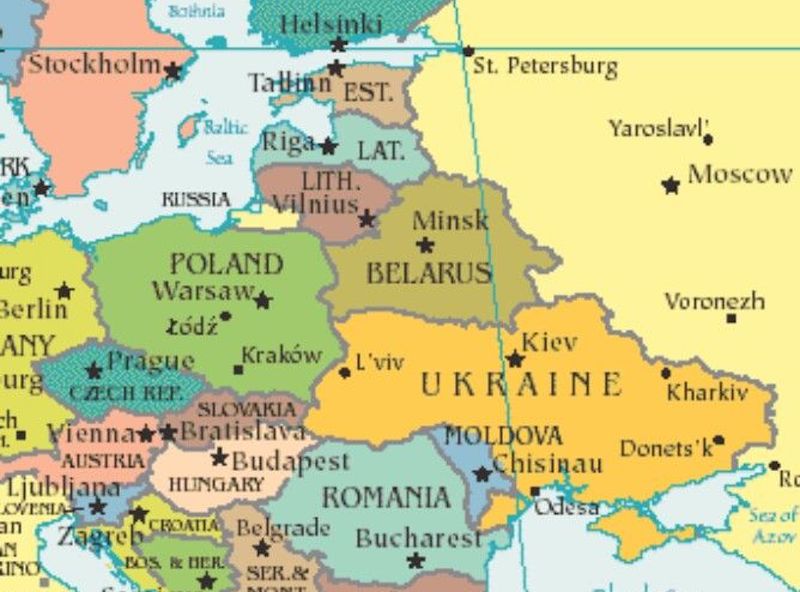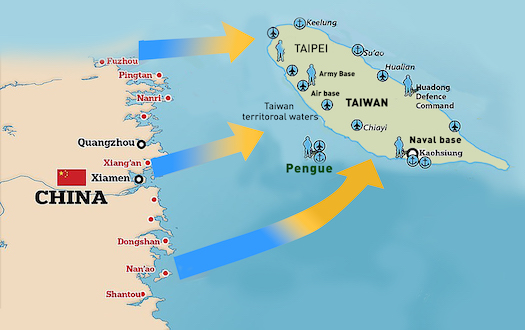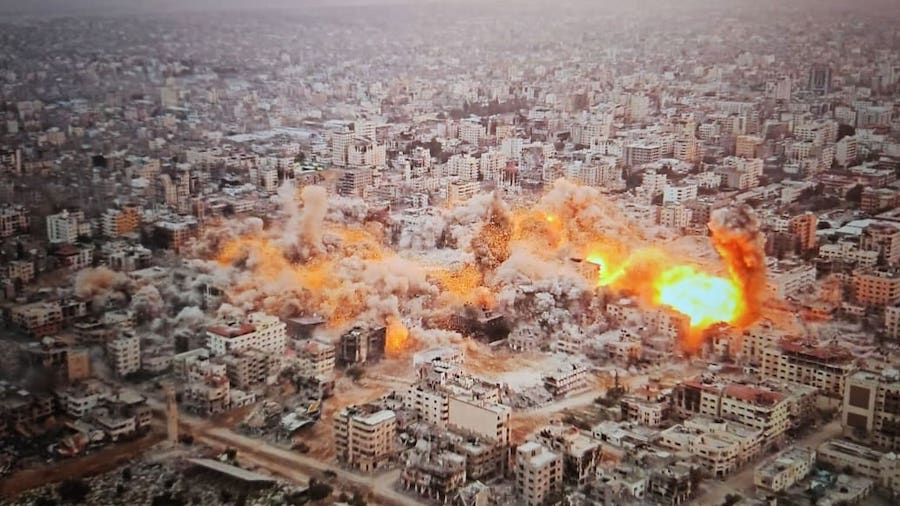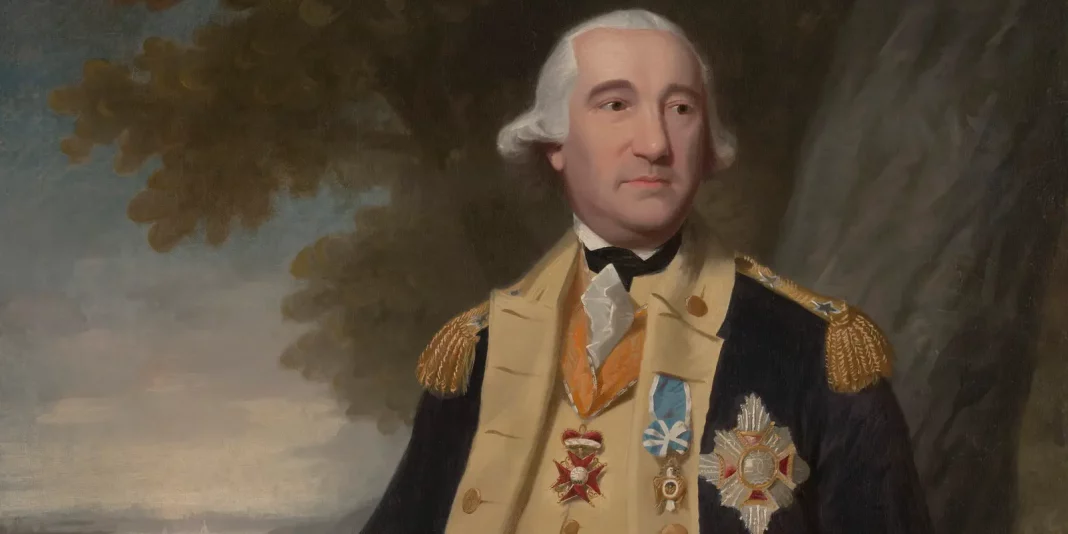The lessons learned from World War I and World War II have profoundly shaped modern international relations and strategies aimed at preventing another global conflict. Here are some of the key lessons and how they inform efforts to avoid World War III

1. The Importance of Diplomacy and International Cooperation
Lesson:
Both world wars were precipitated by failures in diplomacy and international relations. In World War I, complex alliances and a lack of effective communication escalated a regional conflict into a global war. In World War II, the failure of the League of Nations to prevent aggression by Axis powers demonstrated the need for a stronger international organization.
Application:
The creation of the United Nations (UN) and other international bodies like NATO, the European Union (EU), and the World Trade Organization (WTO) exemplifies the commitment to diplomacy and international cooperation. These institutions aim to provide platforms for dialogue, conflict resolution, and collective security, reducing the likelihood of war through peaceful means.
2. The Necessity of Collective Security
Lesson:
The policy of appeasement and the failure to collectively respond to aggression (e.g., Germany’s annexation of Czechoslovakia) contributed to the outbreak of World War II. It became clear that unchecked aggression leads to greater conflict.
Application:
Collective security agreements, such as those embodied in NATO, mean that an attack on one member is considered an attack on all, deterring potential aggressors. These alliances ensure that no single nation feels isolated or vulnerable, thus preventing the kind of unchecked aggression seen in the lead-up to World War II.

3. Economic Stability and Cooperation
Lesson:
The economic turmoil of the 1920s and 1930s, including the Great Depression, contributed to the political instability that led to World War II. Economic hardship often leads to political extremism and conflict.
Application:
Post-World War II institutions like the International Monetary Fund (IMF) and the World Bank were created to promote global economic stability and development. Additionally, trade agreements and economic unions, such as the EU, help interlink economies, making war less appealing due to the mutual economic destruction it would cause.
4. Human Rights and the Rule of Law
Lesson:
The atrocities of World War II, including the Holocaust, highlighted the need for international human rights standards and mechanisms to enforce them.
Application:
The establishment of the Universal Declaration of Human Rights, international human rights treaties, and bodies like the International Criminal Court (ICC) serve to protect individual rights and hold violators accountable. This helps prevent the conditions that can lead to conflict and genocide.
5. Disarmament and Arms Control
Lesson:
The arms races preceding both world wars contributed to the scale and devastation of the conflicts.
Application:
Arms control treaties, such as the Non-Proliferation Treaty (NPT) and various bilateral agreements between superpowers (e.g., START treaties between the US and Russia), aim to limit the proliferation and development of weapons of mass destruction. Efforts to control conventional arms and reduce military expenditures also play a role in maintaining peace.

6. Education and Cultural Exchange
Lesson:
Misperceptions and prejudices fueled by nationalism and propaganda played significant roles in both world wars.
Application:
Promoting education, cultural exchange, and mutual understanding among nations helps to counteract stereotypes and build a foundation for peaceful coexistence. Programs like UNESCO and international student exchange initiatives contribute to these goals.
7. Responding to Emerging Threats
Lesson:
The failure to address the rise of totalitarian regimes and extremist ideologies led to catastrophic consequences in the 20th century.
Application:
Modern efforts focus on early detection and prevention of emerging threats, including terrorism, cyber warfare, and rogue states. Intelligence sharing, counterterrorism cooperation, and diplomatic efforts to address root causes of extremism are key components of this strategy.

Conclusion
The horrors of World War I and World War II have imparted invaluable lessons about the importance of diplomacy, economic stability, collective security, human rights, disarmament, education, and vigilance against emerging threats. By applying these lessons, the international community strives to create a world where the conditions that lead to global conflict are mitigated, and peace and stability are sustained. The ongoing commitment to these principles is essential in the effort to prevent the outbreak of World War III.
#WorldWarLessons #PreventWWIII #GlobalPeace #Diplomacy #InternationalRelations #CollectiveSecurity #HumanRights #ArmsControl #EconomicStability #CulturalExchange
Tags: World War I, World War II, Diplomacy, International Cooperation, Collective Security, Economic Stability, Human Rights, Arms Control, Education, Cultural Exchange, Global Conflict, United Nations, NATO, European Union, Non-Proliferation Treaty, International Criminal Court




